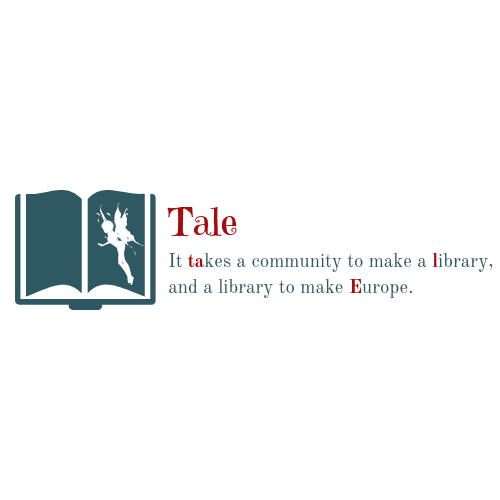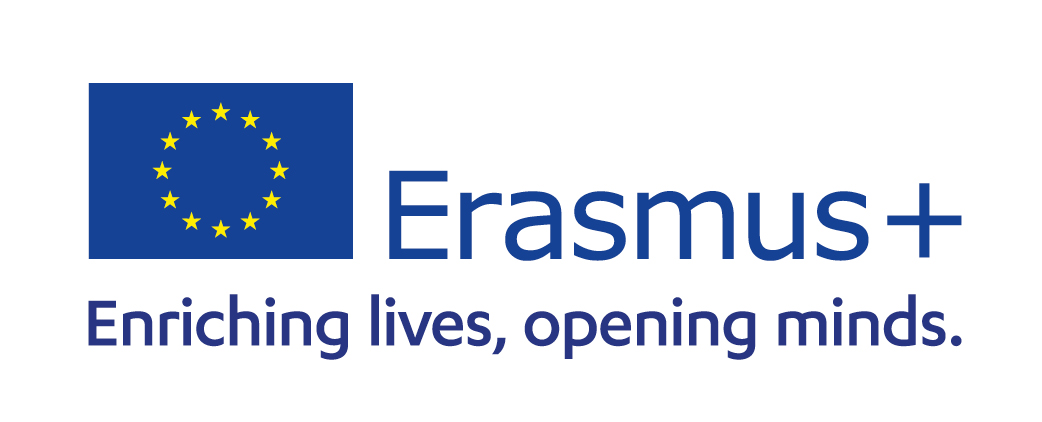

Erasmus+, KA1

Culture and knowledge in the European society we are living in can no longer be approached in a national or local perspective. There is a need to raise awareness on the other cultures and societies
that forms the European Union, and deliver the message to the citizens that difference is what makes Europe unique. In other words, there is a need to convey the idea that Europe is greater than the sum of its parts, especially in this particular historical moment, signed by a raising distrust in European institutions. Libraries could have a strategic role in this sense, in medium and small towns, as they could be an open window on Europe and provide a glimpse of other cultures through structured events/exhibitions/initiatives. In order for this to happen, it is necessary to provide librarians with the right skills needed to innovate libraries’ services.
All the partners believe in the importance of public libraries as modern learning hubs close to citizens and potential learners. Public libraries have been expanding their role in local communities
enormously over the last decades, many of them now help people develop their digital skills, advance or acquire other skills (such as literacy) through various lifelong learning opportunities and offer a neutral and trusted space for people to create, learn, and connect. Libraries across Europe find new ways to be innovative, they are places where people find jobs, where grandparents Skype with their families. In the European knowledge society of lifelong learning, public libraries must be seen as a link between the local learning setting and the global resources of information and knowledge.
In particular, librarians should acquire or improve their multilingual competences, digital skills, cultural awareness and expression competences. Such skills are required to structure future European mobility or research and development projects, create new contacts and increase the network of partner organizations abroad. Moreover, at local level, they are useful to support people from other countries visiting libraries, including people with an immigrant background and refugees. The project TALE aims at answering libraries’ need to innovate their services by providing librarians from Italy with job-shadowing and training opportunities abroad.
The general objective of the project is to improve the quality of services provided by libraries through the enhancement of the European dimension in participating organizations. The specific objectives of the project are:
1. Enhance the key competences and transversal skills of staff which will help address more effectively the intercultural challenges.
2. To develop the European dimension of the organizations by: improving the skills of the staff on Erasmus+ and learning mobility; building strong relations with European partners, gaining confidence with the processes of mobility project and their vocabulary.
3. To increase the professional competences of librarians thanks to the transfer of practices and know-how from other European countries and training activities.
4 Development of personnel assessment activities and related potential professional development within the organization.
a) Four job shadowing activities will take place in Sweden. These activities will allow participants to understand a new context, with a full immersion approach, and acquire information about the organizational models, the ways in which the strategic objectives are pursued, the ways of planning and carrying out the activities. Participants will talk in English and interact with Swedish colleagues as well as with the users of the services, observing local customs and habits.
b) Two training courses organized in England and Germany aimed at providing participants with knowledge and competences on:
– digitalization and new technology;
– evaluation of the activities;
– how to make libraries more interactive places capable of attracting all citizens regardless of their social, ethnic or cultural background.
The trainings will also provide some insight on how to structure cross-border collaboration with the use of Erasmus+ through lectures and testimony from other organizations which have participated in the program activities.

Our objective is to increase cooperation among the
members of the network, between Italy and Sweden
and, more in general, the North and South of
the European Union.
Stradone Martiri della Libertà, 15 – 43123 Parma (PR) – Italy | C.F.: 91251370374
Tel: +39 0521686023 – Fax: +39 0521686023 – Website: www.sern.eu – Email: secretariat@sern.eu – PEC: secretariat@pec.sern.eu
© 2024 | All rights reserved | Privacy Policy | Cookie Policy